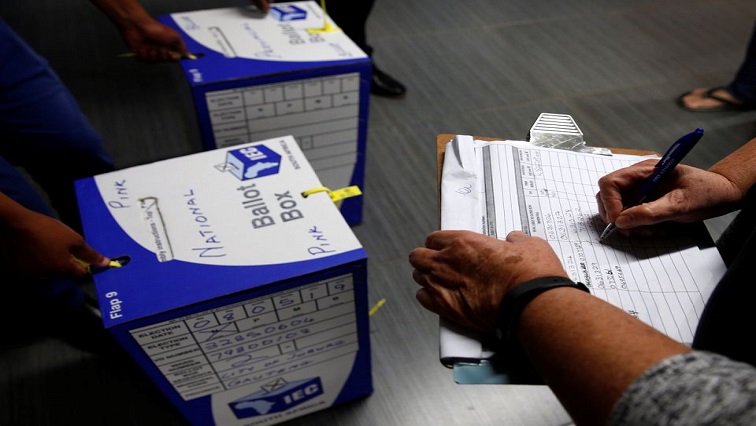South Africans are heading to the polls to elect their local government leaders but with the current state of municipalities, more than anything, these elections will be futile because the very same leaders will campaign for the next five years instead of accounting for the last five, which has led to protests, blocked roads and burnt buildings as ordinary South Africans, majority of whom are black – subjected to horrible leaving conditions – take out their frustrations.
The basic indicators of economic development teach us that health determines the prosperity of a country as it ensures the productivity of the labour force participation; that education enables people to be mobile and acquire skills and training based on the changing dynamics of the world; that sustainable income to have basic standard of living enables citizens to cater to the needs of the economy as and when the country requires.
These economic development indicators are essential in addressing South Africa’s socio-economic issues which have led to the highest unemployment and inequality rates in the world. These indicators are inextricably linked to service delivery. Through service delivery, the standard of living can be better and multi-layered poverty can be addressed. This is because local government is the vehicle of service delivery given its proximity to the people.
However, that seems to be out of reach, with only 27 out of the 257 municipalities in South Africa getting a clean audit outcome which is attributed to the lack of transparency and accountability – a reflection of the dilapidating state of municipalities.
From owing billions to Eskom and water boards, increased irregular expenditures, mismanagement of funds which have led to failure to fill vacancies – key factor in this regard, are internal party politics: the inability to separate politics and bureaucracy, where some high-level positions in municipal departments have been left vacant and people have been in ‘acting’ capacity for years, which, in turn, has rendered municipal workers over worked leading to the dereliction of the sphere of government that is meant to implement government policies. This, in addition to corruption being embedded on the fabric of municipalities, seemingly getting worse each year, with little to no repercussions at all, municipalities, instead of being in touch with people, are effectively non-existent.
The disparities between service delivery and local government as provided for in the constitution to advance socio-economic rights show that those in power have failed in improving the quality of life and that the lack of accountable and democratic leadership, which are two of the five objectives of local government – do not inform decisions taken in municipalities
All of this has resulted in looming voter apathy which shows us that one thing South Africans don’t seem to understand is how powerful the ballot is:
As the quality of our democracy matures, what not only South Africa but all other democracies in the world can learn from the United States is that whenever you have misgivings about the state of the country and its direction, there’s no better way to respond than to go and vote.
Americans understand the power of a ballot. We saw it on Obama’s historic victory in 2008. After they were fed up with the Republican Party, they went to the polls in large numbers, broke a record for the most votes received by a Presidential candidate at the time.
They didn’t say, “We are tired of Bush and Republicans so we’re not going to vote”, instead they said, “We want change” and they acted accordingly
Twelve years later, they were at it again.
Firstly, those who were tired of Trump went out to vote for Joe Biden, in the process breaking Obama’s record (69 million), amassing over 80 million votes.
Secondly, those who supported Trump, who wanted 4 more years, went out in their numbers to vote for him (in 2016 he received 62.9 million votes and received over 74 million votes in 2020).
Regardless of the outcome of that historical election, what happened in the US was democracy at its best. Beautiful. And we, as South Africans in particular, can learn that voter apathy hurts no one else than the person who didn’t vote.
The IEC
Looking into the future, there must be a criteria by the IEC in consultation with South Africans through public hearings, that will be adopted by political parties for individuals they propose to stand for public office. This would allow the electorate the ability to assess and review whether individuals proposed for office have the necessary skills, background and capabilities to ensure that the Constitutional mandate of effective and efficient service delivery is attained – more like the vetting process used in the US.
There must also be electoral education to ensure that citizens engage the political process routinely, not just in election seasons. Ultimately, it is important to note that the lack of accountability and transparency at the local government sphere is a general overview of how all spheres of government function.
By Vusi Gumbi – Winner of One Day Leader Season 8 and a Masters candidate in Politics at the University of Johannesburg


